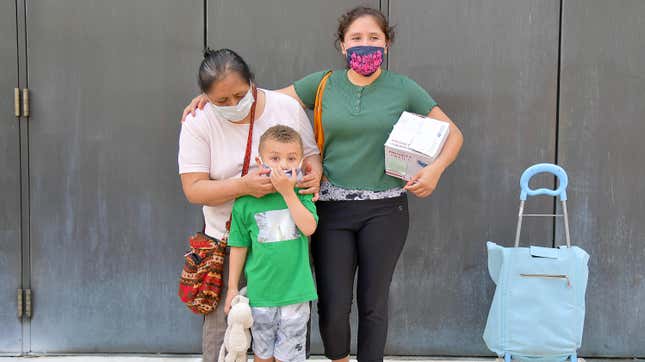Giving Money To Families Has Already Drastically Reduced Hunger Rates
After the payments started going out, hunger dropped about 24 percent in the U.S.
EntertainmentEntertainment

According to a new government study, the extended child tax credits—which come in the form of monthly payments of up to $300 per child—drastically reduced food insecurity within mere weeks of hitting families’ bank accounts.
-

-

-

-

-

-

-

-

-

-

-

-

-

-

-

-

-

-

-

-

-

-

-

-

-

-

-

-

-

-

-

-

-

-

-

-

-

-

-

-








































